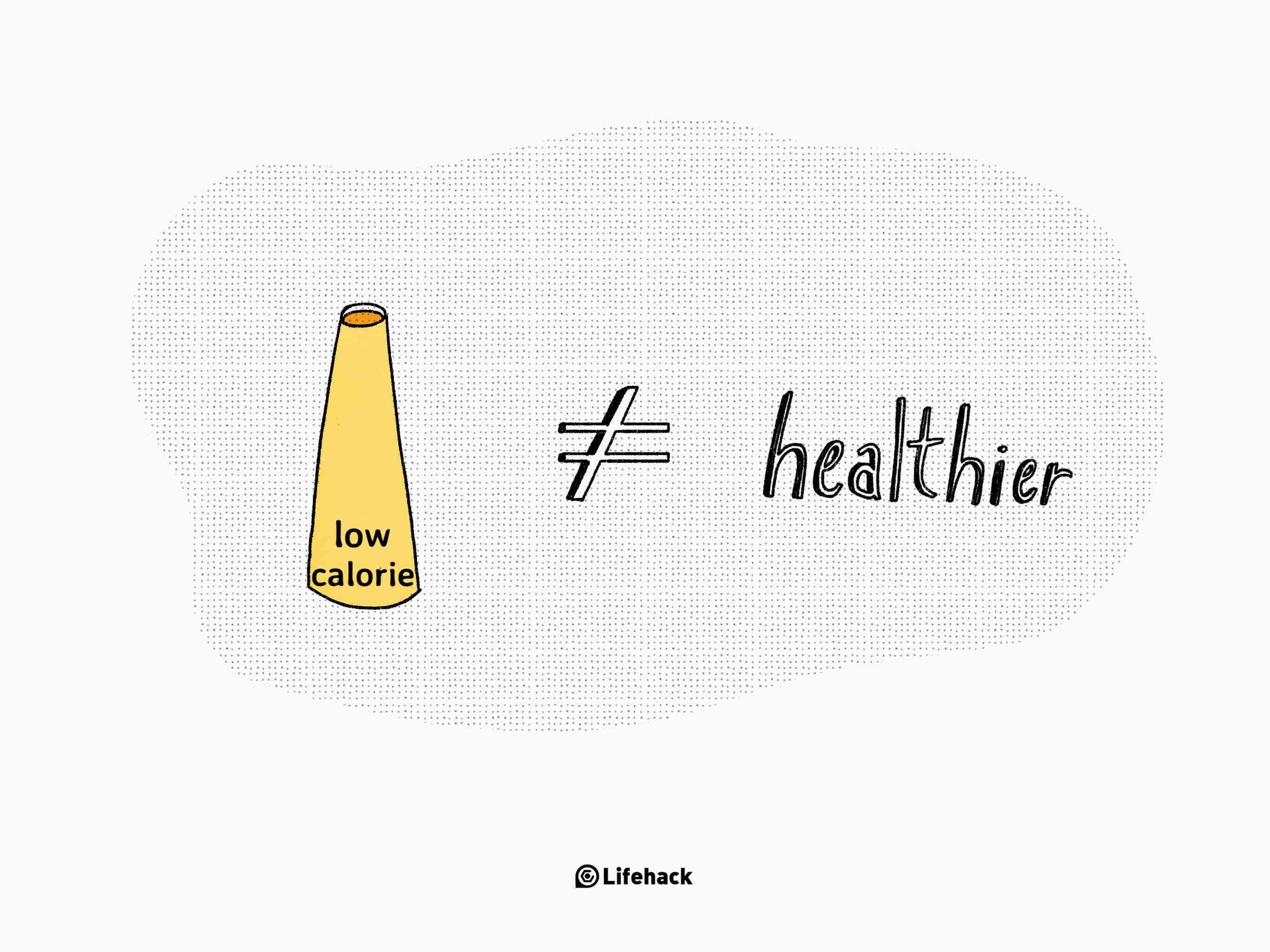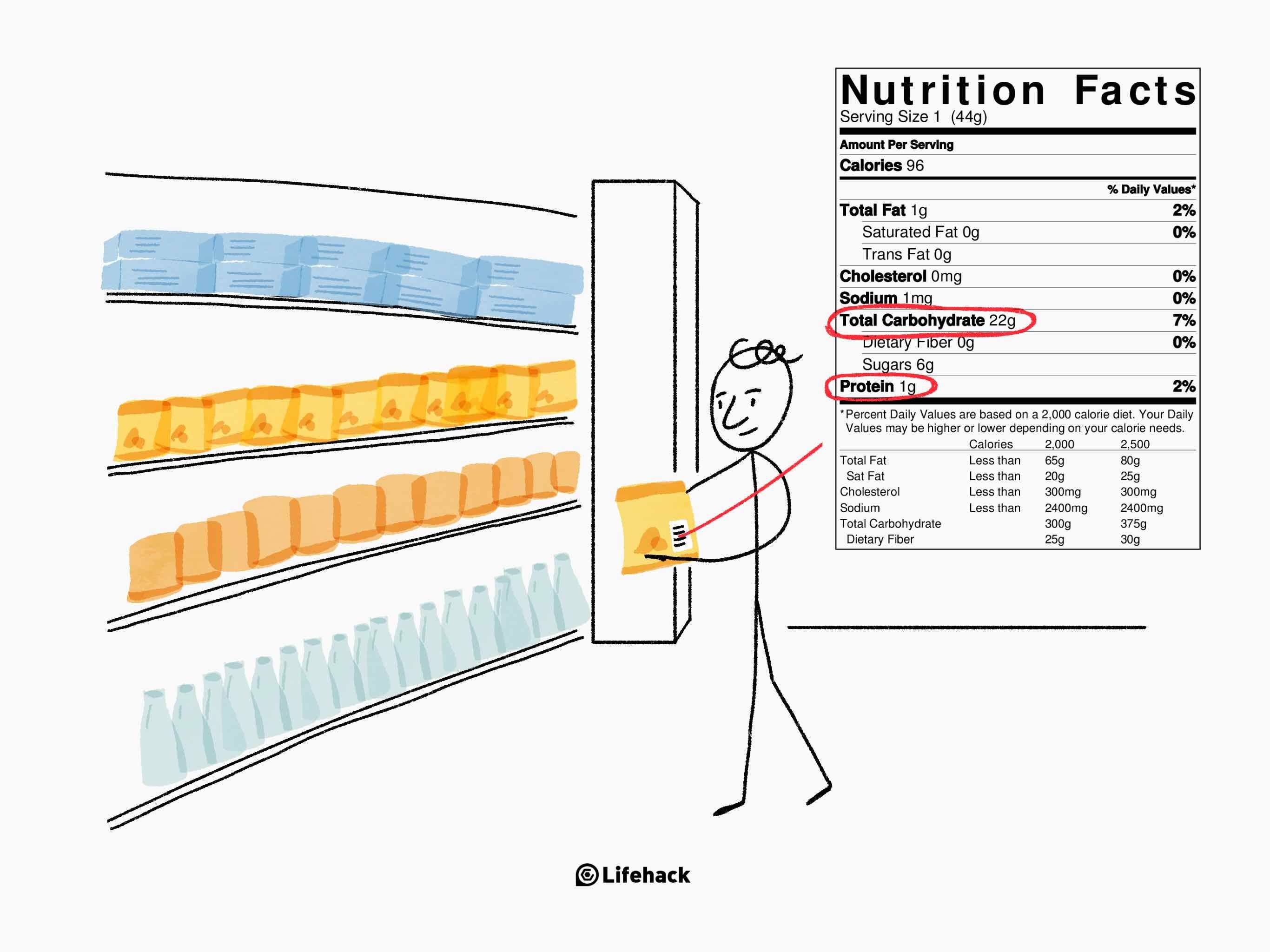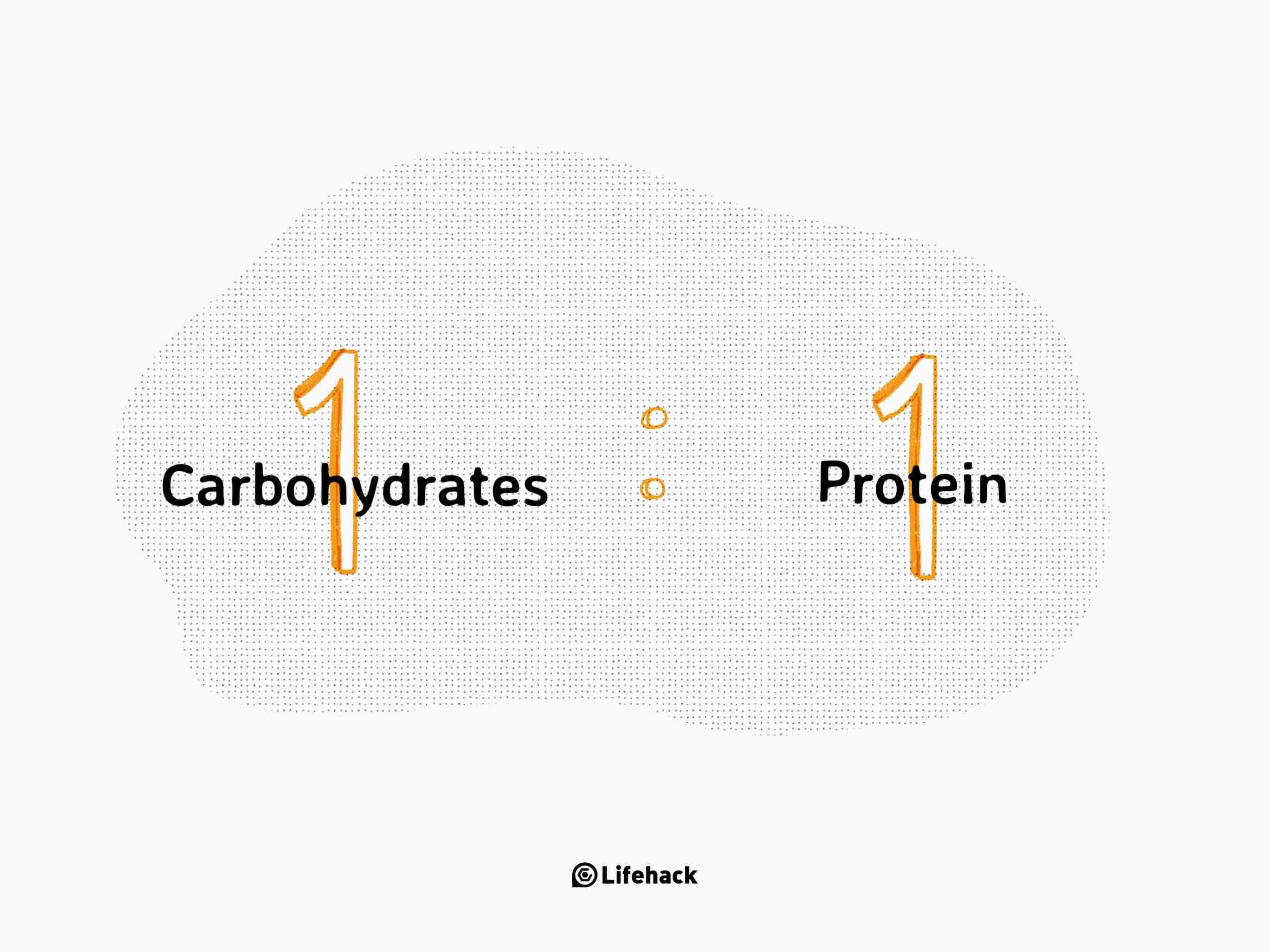When it comes to eating healthier or attempting to lose weight, it can be overwhelming to know what to focus on. Some “experts” tell you to focus on carbs, others sugar, and some calories. When looking at the nutrition label on food packaging, the easiest thing to focus on, and often the largest, boldest item, is the calorie count. It seems logical to think that lower calorie foods equal healthy foods, but that’s not always true.
If you focus strictly on how many/few calories you’re intaking, you may be cheating yourself out of important protein your body needs. When you cheat yourself out of calories, your body will use the protein you do eat for energy rather than applying it toward building muscle, improving immunity, and aiding in the health of your hair, skin and nails.[1]
According to the Center for Disease Control (CDC), adult women and men should aim to consume 46g to 56g of protein per day, respectively. Those individuals who are especially physically active may require more.[2]
Before you get too excited about an excuse to eat more calories, here’s the catch: when focusing on intaking the perfect calorie amount, you may inadvertently intake more carbohydrates than you need.
Carbs come in a variety of forms. Some are complex which break down in such a way that assist in workout and your overall health. Unfortunately, most of the yummy, carb-filled foods we tend to reach for such as pasta, potato chips and doughnuts are bad carbs. They also tend to be high in calories. But before you think that high calories equals to high carbs and the decision making is simple, think again.[3] Low calorie foods like sweet potatoes and oats are high in carbs which are more than your body needs.
Look beyond the calories
Instead of getting hung up on total calories, a simple way to screen all the options you see in a day to look at the ratio of carbs to protein. A small increase in protein intake along with slightly fewer calories help us to be healthier. A 2007 study published in the Journal of the American Medical Association reported that increasing protein intake and limiting carb consumption can help overweight individuals reduce calories to achieve successful (and healthy) weight loss.
Utilize the Ratio
Maintaining a better balance of carbohydrates to protein will give you sufficient energy while improving your health. Set a goal of eating foods that have a ratio of one gram of carbs for every one gram of protein can ensure that you are not overloading on carbs but are intaking enough protein.
Avoid foods . Most chips and cereals have a 10 to 1 carbs-to-protein ratio, avoid them. In fact, avoid foods with a ratio higher than 5 to 1 carbs to protein.
Before you start grabbing carb-filled items and using this ratio as an excuse, remember to focus on the healthy sources of calories, carbs and protein. If you aren’t sure where to start, stock your fridge and pantry with lean meats like fish, poultry, eggs, cottage cheese and tofu. Nuts, seeds, grains and yogurt are great examples of snacks that will help you stick to your goals, too.
Not only will you lose weight, but you’ll feel better with more energy. Your body will be so grateful to you.
Start your grocery list now
It may feel overwhelming to stop focusing on calories and shift your attention to carbs and protein, but with a well stocked kitchen, it will be easier than you think. As it stands now, your intense focus on calories equating to health can cheat you out of the real nutrition your body needs. So don’t go another day depriving your body of what it truly needs.
Featured photo credit: Christopher Flowers, Stocksnap via stocksnap.io
Reference
| [1] | ^ | mindbodygreen: 7 Surprising Signs You’re Not Getting Enough Protein |
| [2] | ^ | Livestrong: How Common Is Protein Deficiency? |
| [3] | ^ | Born Fitness: Fix your diet: Understanding proteins, carbs, and fats |















































